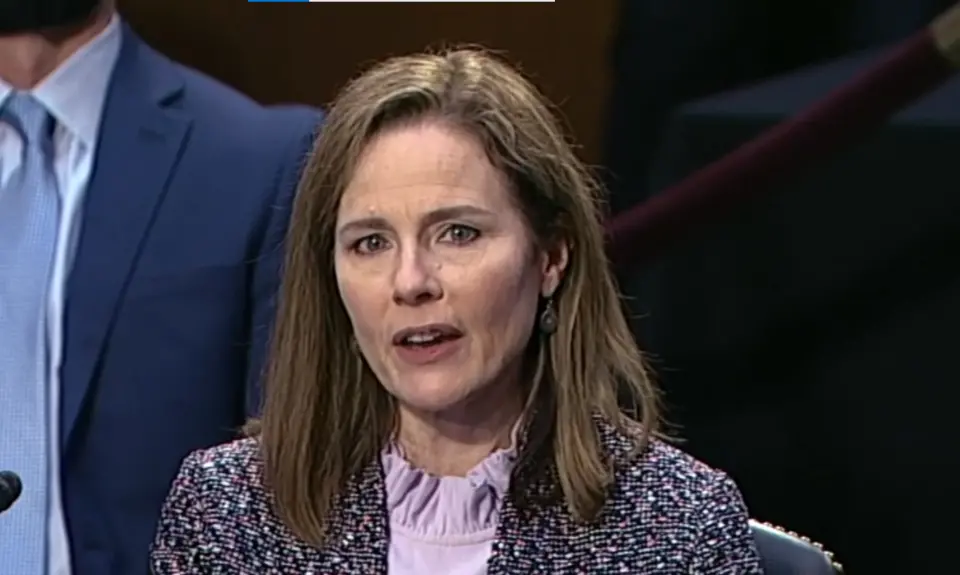On the third day of the Amy Barrett confirmation hearings, Sen. Sheldon Whitehouse cited “the Janus saga” as a chilling example of how far-right Supreme Court justices can signal activists to manufacture a case for them so they can overrule precedent they disagree with. His reminder provided a powerful pushback to Barrett’s suggestions that the justices are limited in their ability to hear cases challenging precedents.
He also engaged with Barrett on one of the tools corporate interests use to game the system: amicus briefs funded by dark money.
Upon questioning from the senator, Barrett acknowledged rules that prohibit a judge from meeting with a litigant without the other parties present. Whitehouse then asked if she applied the same rule to filers of amicus briefs:
Barrett: You mean meet privately? Allow the amici to have access to the judges privately, to try to make the case? I would not do that.
Whitehouse: No, and why would you not do that?
Barrett: That would be inappropriate.
Barrett’s position seems to differ from that of Justices Samuel Alito and Brett Kavanaugh. When the Bostock LGBTQ+ civil rights case was pending before the Supreme Court, the two far-right justices met privately with Brian Brown, president of the notoriously anti-equality National Organization for Marriage. NOM had filed an amicus brief in that case.
Sen. Whitehouse then described how corporate interests are hiding their roles in financing amicus briefs and advancing legal arguments designed to lay the groundwork for future rulings in their favor, suggesting that without the appropriate disclosures the justices may well not even know they are meeting with amici.
If what you have is amicus groups that are coming in flying false flags, not revealing whose interests they are really there to support, and potentially teeing up arguments and ideas that will benefit the secret funders—[ideas they they] will maybe tee up for a case they know is coming, but isn't this case, but if they can tilt the law a little bit in [this case], it can have an effect later on—other parties should know that.
As he said to Judge Barrett: “There is something that is not right about the way this is happening.”
